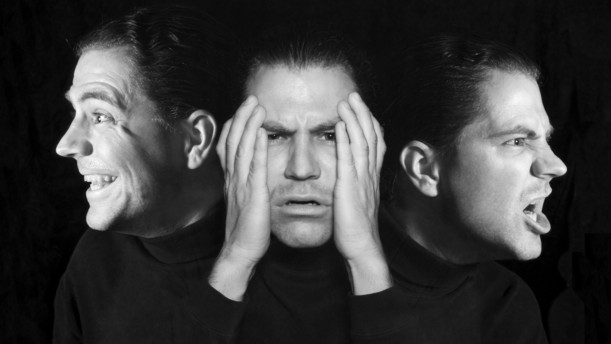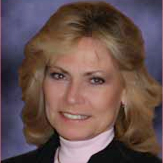What is bipolar disorder?

It is a medical illness producing emotional symptoms. Bipolar used to be called manic depression and is characterized by episodes of “highs” (manic) and “lows” (depression). The manic or depressive symptoms are not due to any other physical or mental disorder, or caused by drug or alcohol use. Extreme sadness, extreme excitement, or a combination of both marks the changes in mood. In the depression phase, there is an abnormal degree of sadness. In the mania phase, bipolar patients are abnormally elated and have an increased level of activity.
What to look for…
Common symptoms are changes in thinking, energy, daily activity, sleep patters, appetite, speech, sex drive, self-esteem, and interpersonal relations. Irritability may be seen in both depressive and manic states.
People in the manic phase experience euphoria (an exaggerated sense of well-being) and an increased rate of thinking. They find they have an increase in activity and require little sleep. They also often have a loss of judgment and self-control, a false sense of their abilities, and will make impulsive decisions.
During periods of depression, people with bipolar disorder feel extreme sadness, tearfulness for no reason, and hostility. Loss of energy, fatigue, and loss of interest in usual activities may also occur. The ability to think or concentrate is diminished, and feelings of unfounded guilt and worthlessness may grow.
What can you do?
Because this is a medical problem, an effective treatment plan treats the medical symptoms and encourages the patient to recognize the signs and symptoms of the illness. They are encouraged to develop methods of coping through professional counseling. More than 75% of individuals with bipolar respond well to treatment. If untreated, episodes tend to recur and may continue throughout life with increasing frequency and severity. Modern effective and safe medications can help those with a recurring bipolar disorder live a useful and productive life.

Diana Smith, PhD, LPC-MH owns and operates Serenity Mental Health Services and is licensed by the National Board of Certified Counselors. License number is LPC-MH2025 and she follows the ethical guidelines described by the NBCC found at their web site www.nbcc.org/webethics2. Diana is a member of the National Board for Certified Counselors, Certification Number 43911. In addition, she is also a member of the American Counseling Association, Member ID# 5140627. Online counseling can help you right now. Research has made it clear that this manner of offering therapy is effective and those who’ve experienced it have said they would seek it out again.
Dr. Diana is an APA (American Psychological Association) EMDR (Eye Movement Desensitization and Reprocessing) approved Therapist in Training.